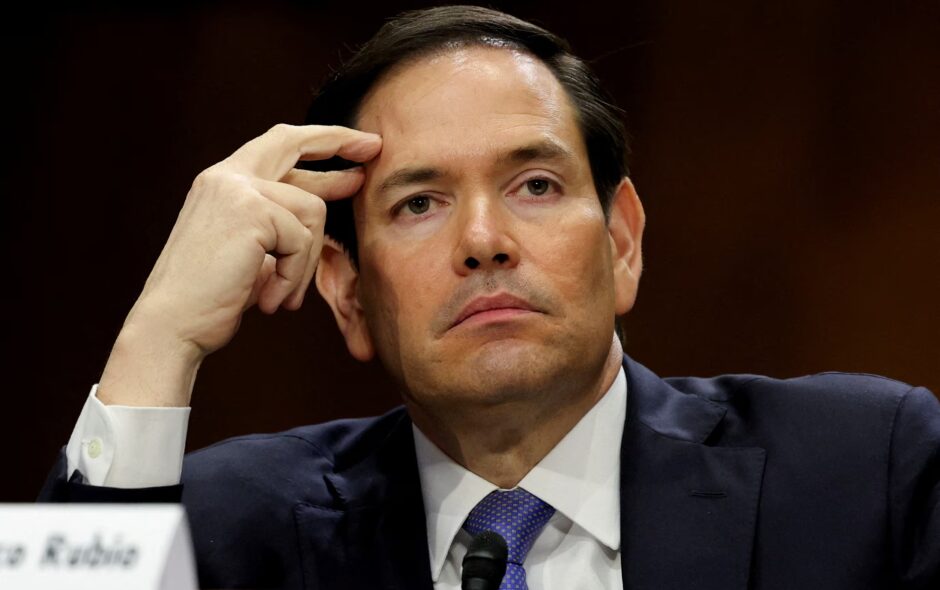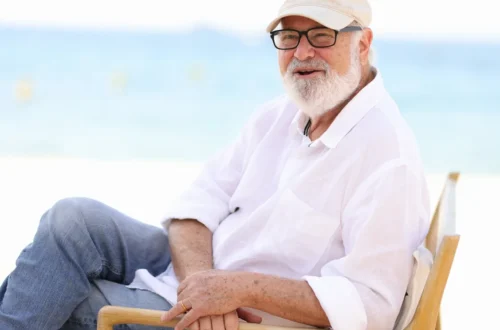KUALA LUMPUR, Malaysia — U.S. Secretary of State Marco Rubio concluded his first diplomatic mission to Southeast Asia this week, a high-stakes visit aimed at strengthening regional alliances but clouded by mounting trade tensions and global uncertainty.
The five-day trip, which began on July 8, centered on the ASEAN Foreign Ministers’ Meeting in Kuala Lumpur. Rubio’s visit was designed to signal the Biden administration’s continued commitment to the Indo-Pacific, particularly at a time when China’s influence in the region is expanding and U.S. foreign policy priorities are increasingly stretched by conflicts in Eastern Europe and the Middle East.
“This region matters,” Rubio told reporters on Monday. “It’s not just about trade or strategy. It’s about shared values, mutual respect, and ensuring a free and open Indo-Pacific.”
But even as Rubio struck a tone of reassurance, his message was complicated by Washington’s own economic policies. Just days before the trip, former President Donald Trump — now a leading 2026 GOP contender — announced sweeping new tariffs set to take effect August 1. The tariffs will target up to six ASEAN nations, including Malaysia, igniting concerns among regional leaders about the reliability of the United States as an economic partner.
“The timing is unfortunate,” said a senior Malaysian diplomat, who requested anonymity to speak freely. “We want strong ties with the U.S., but the unpredictability of American trade policy makes long-term planning difficult.”
Despite the headwinds, Rubio pressed ahead with a robust agenda. He held bilateral talks with several Southeast Asian foreign ministers and reaffirmed U.S. support for maritime security in the South China Sea — an area of increasing tension due to Chinese militarization and territorial claims.
He also emphasized cooperation on transnational issues such as narcotics trafficking, human smuggling, and climate resilience, particularly in low-lying island nations vulnerable to rising sea levels.
In a surprise diplomatic sideline, Rubio met briefly with Russian Foreign Minister Sergey Lavrov, where the two reportedly discussed ongoing efforts toward a negotiated end to the war in Ukraine. The conversation, though brief, was described by officials as “measured and pragmatic.”
Rubio’s trip is part of a broader recalibration of U.S. foreign policy in Asia, a continuation of the Indo-Pacific strategy launched under previous administrations. The Secretary of State also signaled new U.S. interest in working with ASEAN on supply chain security, digital infrastructure, and critical minerals — all areas where Chinese investment currently dominates.
But for all the strategic talk, the trip’s defining theme remained trust — and whether Washington can maintain it.
“Diplomacy is not just about what we say at summits,” Rubio told a gathering of regional youth leaders. “It’s about what we deliver — consistently, and with respect.”
Still, questions linger as ASEAN nations brace for the potential fallout from looming tariffs. Analysts say Rubio struck the right notes, but that his message may be undermined by political crosswinds in Washington.
“Rubio wanted to turn the page and reset the U.S.-ASEAN relationship,” said Lydia Kim, a Southeast Asia policy expert at the Brookings Institution. “But he’s navigating a complex terrain where America’s friends are also wondering whether the next administration will reverse course — again.”
Whether Rubio’s trip can shore up U.S. credibility in the region remains to be seen. But as he departed Kuala Lumpur Wednesday night, one thing was clear: in an increasingly multipolar world, diplomacy is as much about showing up — as it is about being believed.
Ask ChatGPT




